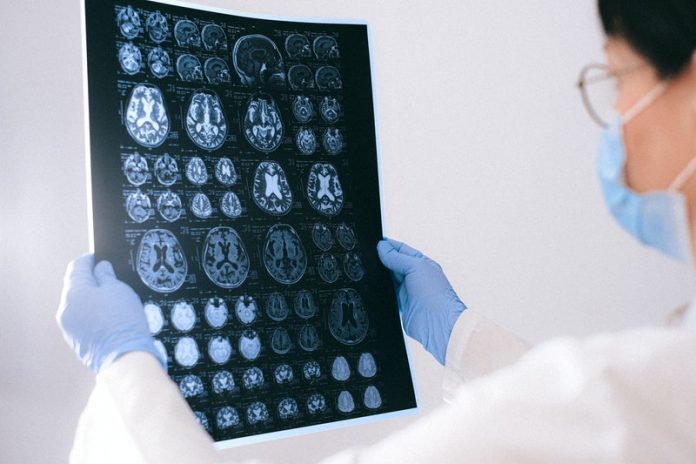
In a new study from Carnegie Mellon University, researchers found a way to make deep brain stimulation (DBS) more precise, resulting in therapeutic effects that outlast what is currently available.
The work will significantly advance the study of Parkinson’s disease.
DBS allows researchers and doctors to use thin electrodes implanted in the brain to send electrical signals to the part of the brain that controls movement.
It is a proven way to help control unwanted movement in the body, but patients must receive continuous electrical stimulation to get relief from their symptoms. If the stimulator is turned off, the symptoms return immediately.
Previously, the team identified specific classes of neurons within the brain’s motor circuitry that could be targeted to provide long-lasting relief of motor symptoms in Parkinson’s models.
In that work, the lab used optogenetics, a technique that uses light to control genetically modified neurons. Optogenetics, however, cannot currently be used on humans.
Since then, the researchers have been trying to find a strategy that is more readily translated to patients suffering from Parkinson’s disease. They found success in mice with a new DBS protocol that uses short bursts of electrical stimulation.
In the new method, the researchers target specific neuronal subpopulations in the globus pallidus, an area of the brain in the basal ganglia, with short bursts of electrical stimulation. The short burst approach could provide greater symptom relief.
Next, neurosurgeons will use the research in a safety and tolerability study in humans. They will soon begin a randomized, double-blind crossover study of patients with idiopathic Parkinson’s disease.
The patients will be followed for 12 months to assess improvements in their Parkinson’s disease motor symptoms and frequency of adverse events.
If you care about Parkinson’s disease, please read studies about these vitamins may help prevent Parkinson’s disease and findings of Parkinson’s disease: blood changes may occur years before diagnosis.
For more information about Parkinson’s treatment and prevention, please see recent studies about Parkinson’s disease is on your skin and results showing that gut health strongly linked to Parkinson’s disease.
The study is published in Science. One author of the study is Aryn Gittis.
Copyright © 2021 Knowridge Science Report. All rights reserved.



